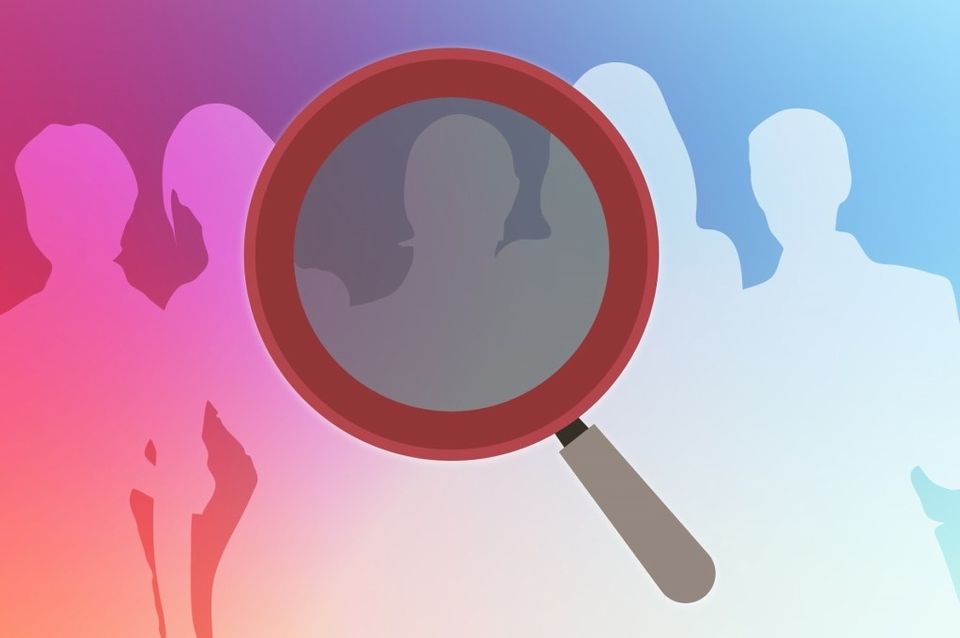Tech’s power to promote good or evil depends on who controls it

We often forget that technology is a double-edged sword. With the benefits of every advance comes the possibility that it will be used for destructive purposes. ISIS builds its own drones, botnets hijack appliances to bring down huge chunks of the Internet, and ubiquitous Web publishing has led to fake news outperforming real news on social media.
We are increasingly seeing this in the information sphere today. Powerful tools that give people new capacities to create, acquire, and distribute information are quickly adopted by government agencies and corporations to spread influence, collect data, and monitor communications.
We must see these developments as two sides of the same coin. When we celebrate the release of a new smartphone, let us also keep in mind that its latest location-tracking software, connectivity technology, cloud features, and virtual assistant carry as much potential for abuse as they do for increased personal productivity.
The dangers that today’s technology presents are more insidious than those faced by previous generations. While the nuclear threat was easy to visualize with the image of annihilation under a mushroom cloud, there is no present-day parallel, no simple symbol of the damage digital weapons can inflict on us. We must be prepared for whatever form the threat may take.
I am not suggesting that it would be worth giving up all the gains we have made to go back to a time when our privacy was more secure. Beyond being impossible, it would mean giving up all of the increases in productivity and living standards our technology makes possible.
Today any Internet user can learn, at any moment, about nearly any publicly reported event, anywhere on the globe. This astounding feat of innovation was unthinkable only a generation ago. Our information tools connect us with vast networks of shared interests, causes, and dreams, well beyond our immediate social circles and geographic bounds.
But a government authority set on repressing its people can tap into the same technologies to collect vast amounts of communications data, stop protests before they begin, and infiltrate social networks with propaganda supporting its views.
The solution is not to stop innovating in a misguided effort to keep essential tools out of the hands of bad guys. On the contrary, we need to implement the most creative security technologies we have—and continue to develop new ones—to preserve the extraordinary communication landscape we have created and keep it free from interference.
It comes down, as it always does, to a question of values. Technology itself is agnostic; its power to promote good or evil depends on who controls it. This has always been the case. Fossil fuels pollute, antibiotics lead to superbugs, and an army of connected coffee pots can bring down half the Internet.
Every disruptive invention brings with it unintended consequences, necessitating another cycle of innovations to address them. It’s an eternal cycle. We cannot go back; we must stay one step ahead.
To preserve the type of world in which we wish to live—one characterized by freedom, liberty, and increasing prosperity—we must be clear-eyed about who has access to the impressive technologies at our disposal. Dictators and terrorists rightly see new information pathways as ways to spread their views. Because we cannot keep technology out of their hands, we must do our best to safeguard it against impending dangers.
We demand privacy, but we also demand data-sharing technology that potentially compromises it. The only way to balance these demands is to closely watch who is collecting our information and how they are using it.
It is one thing to have information collected by law enforcement agencies that are subject to oversight by a democratically elected government, a free media, and watchdog organizations. It’s another thing for KGB-like agencies in authoritarian states to have such access. In the former case, we may not like that our information is accessible to authorities, but in the latter, we are helpless to prevent its use for nefarious purposes.
This doesn’t begin to touch on the privacy risks and geopolitical implications of governments spying on each other’s citizens. Do they use it to serve and protect, or to exploit and persecute?
While using our phones, driving our cars, and relaxing at home, we are constantly producing more data that will be collected, shared, and analyzed. We demand privacy, but we also demand data-sharing technology that potentially compromises it. The only way to balance these demands is to closely watch who is collecting our information and how they are using it. The more data we create, the more we should watch the collectors.
As engaged technology users and citizens, we need to press for measures to secure the democratic norms we value. Liberty is not the price we have to pay for progress.
The next time you check the notifications on your smartphone, consider the awe-inspiring capability at your fingertips: the enormous potential to change our lives for the better and the urgent need to defend ourselves from those who would change things for the worse.

